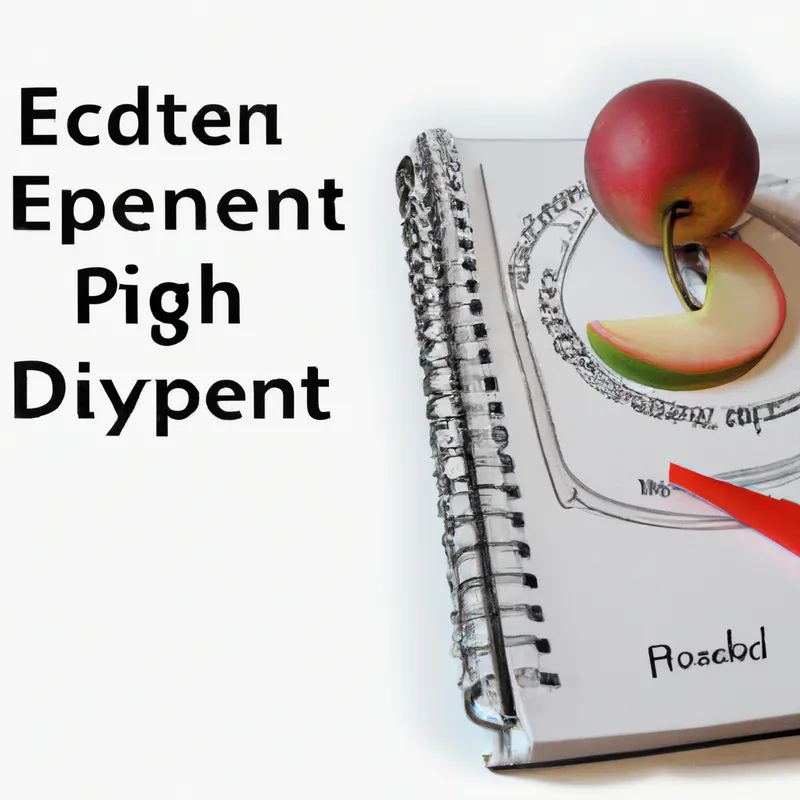Discover Foods to Balance Your Hormones
Exploring the Effects of Diet on Menstrual Cycle Regulation
Diet significantly impacts menstrual cycle regulation and reproductive health. Your food choices influence hormone levels, menstrual regularity, and overall well-being. Understanding how diet affects the menstrual cycle allows you to make informed choices for better health.
Understanding the Menstrual Cycle
The menstrual cycle lasts about 28 days, but it varies among individuals. It includes the menstrual phase, follicular phase, ovulation, and luteal phase. Hormones like estrogen and progesterone regulate these phases. Poor dietary choices can disrupt hormonal balance, causing irregular cycles and missed periods. For example, a low-fat diet may reduce estrogen levels, leading to missed periods or heavier flows.
Nutrients That Matter
Certain nutrients significantly impact menstrual health. Here are key nutrients and their roles:
1. **Iron**: Women lose iron during menstruation, making it essential to replenish. Iron deficiency can cause fatigue and anemia. Foods high in iron include leafy greens, legumes, red meat, and fortified cereals. Incorporating these foods helps maintain energy levels.
2. **Omega-3 Fatty Acids**: These healthy fats reduce menstrual cramps and discomfort. You find omega-3s in fatty fish, walnuts, flaxseeds, and chia seeds. Regular consumption may ease menstrual pain and improve well-being.
3. **Magnesium**: This mineral reduces PMS symptoms like mood swings and bloating. Foods high in magnesium include bananas, almonds, avocados, and dark chocolate. Increasing magnesium intake promotes relaxation and alleviates discomfort.
4. **B Vitamins**: Vitamins B6 and B12 support energy metabolism and mood management. Foods rich in B vitamins include whole grains, eggs, dairy products, and fortified cereals.
Tips for a Balanced Diet
To regulate your menstrual cycle, consider these dietary tips:
1. **Prioritize Whole Foods**: Focus on fruits, vegetables, whole grains, and lean proteins. These foods provide essential nutrients that support overall health.
2. **Stay Hydrated**: Hydration is vital for health and can alleviate bloating during menstruation. Aim to drink enough water daily.
Conclusion
Diet plays a crucial role in menstrual health. Making informed dietary choices supports hormone balance and menstrual regulation. Prioritize nutrient-rich foods for better overall health.
Below are related products based on this post:
FAQ
How does diet affect menstrual cycle regulation?
Diet significantly impacts menstrual cycle regulation by influencing hormone levels and overall reproductive health. Poor dietary choices can disrupt hormonal balance, leading to irregular cycles and missed periods. For instance, a low-fat diet may reduce estrogen levels, resulting in missed periods or heavier menstrual flows.
What nutrients are important for menstrual health?
Certain nutrients play a crucial role in menstrual health. Key nutrients include iron, which helps replenish losses during menstruation; omega-3 fatty acids, which reduce menstrual cramps; magnesium, which alleviates PMS symptoms; and B vitamins, which support energy metabolism and mood management. Incorporating foods rich in these nutrients can enhance overall well-being.
What dietary tips can help regulate the menstrual cycle?
To help regulate your menstrual cycle, prioritize whole foods such as fruits, vegetables, whole grains, and lean proteins. Staying hydrated is also essential, as it can alleviate bloating during menstruation. Aim to make informed dietary choices that support hormone balance and menstrual regulation.















Post Comment